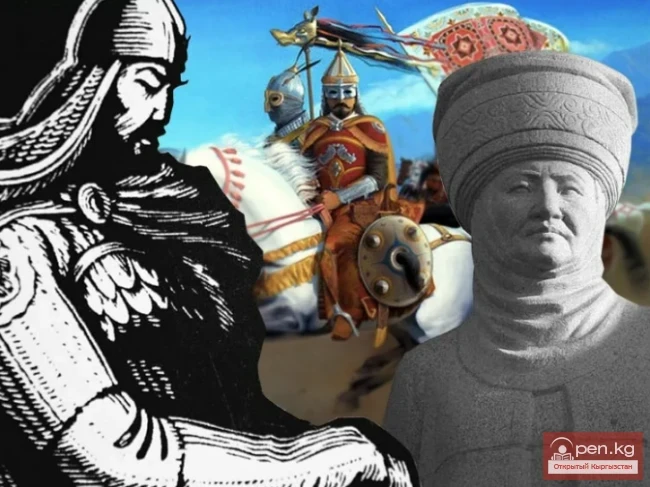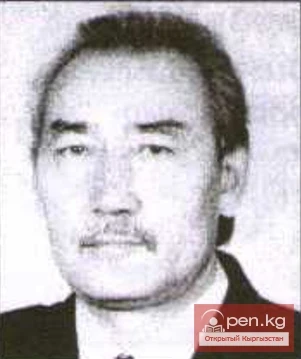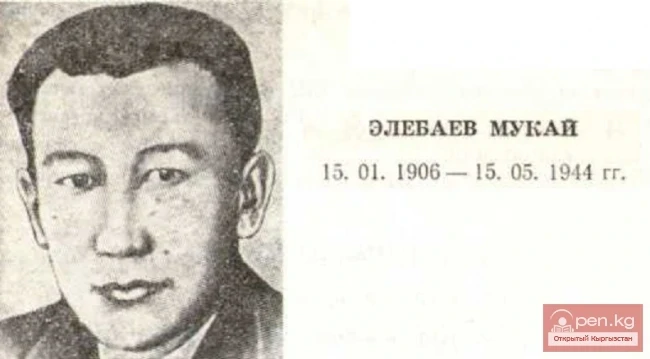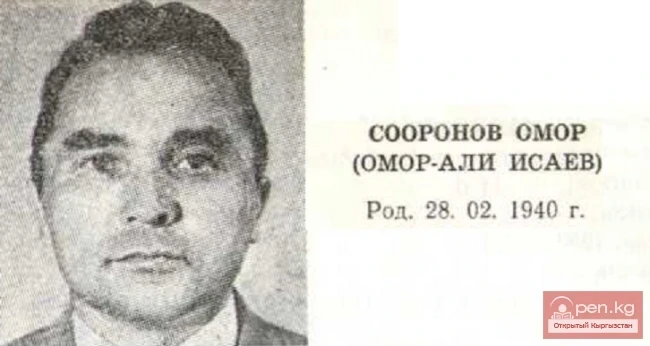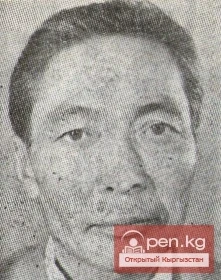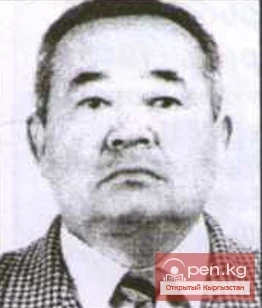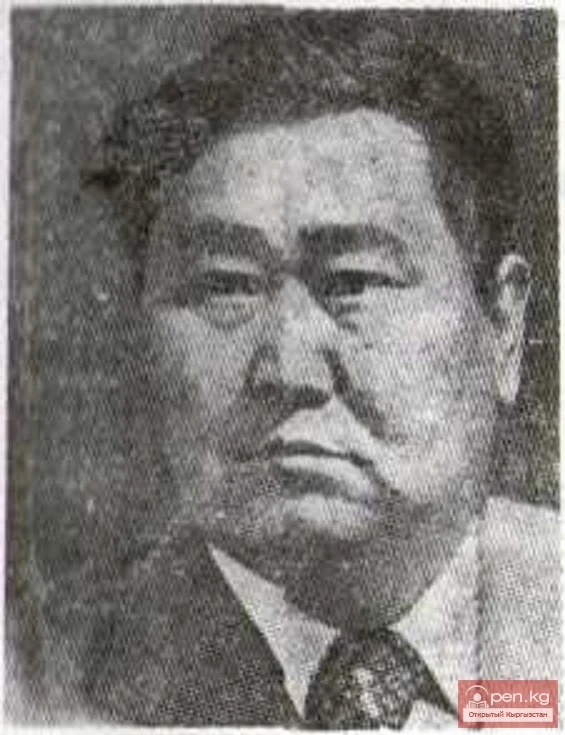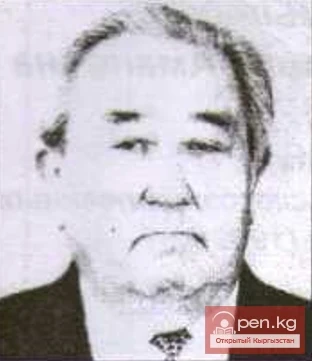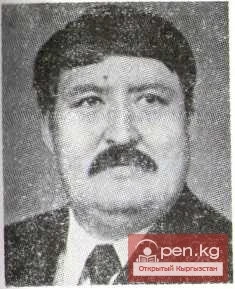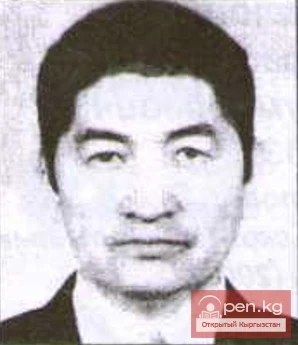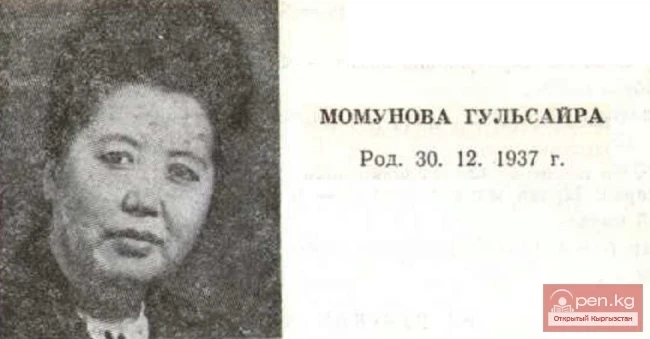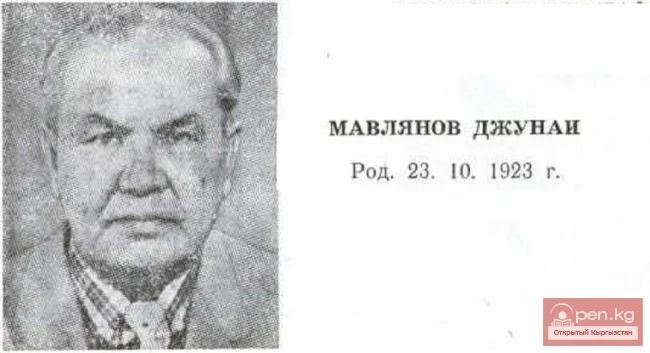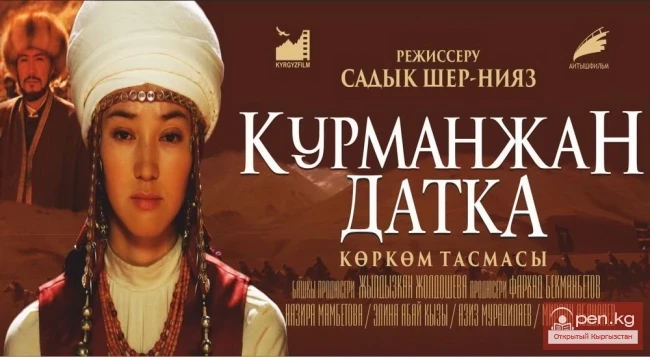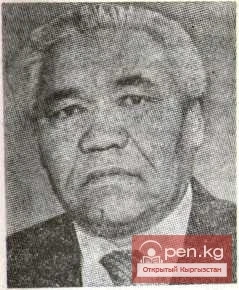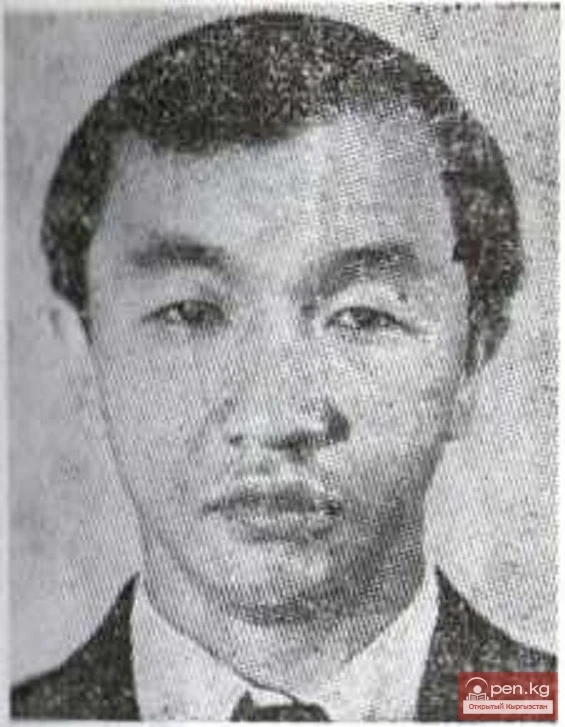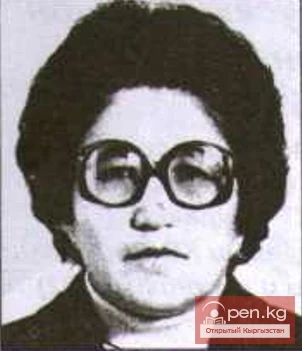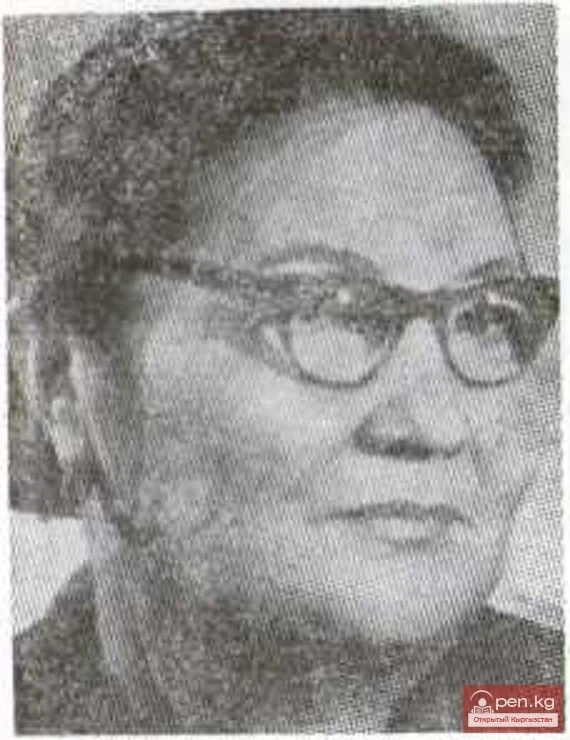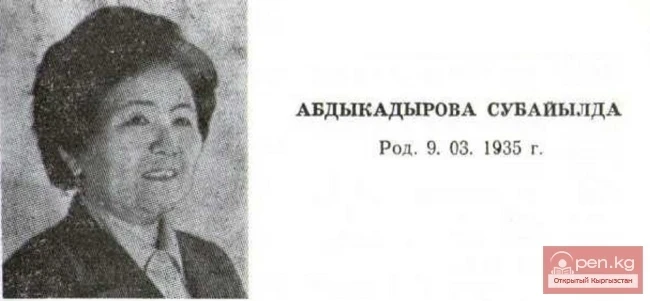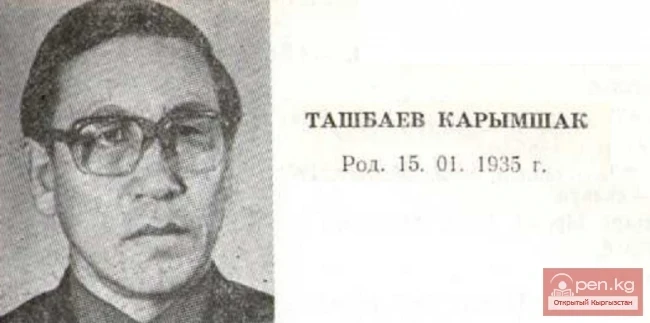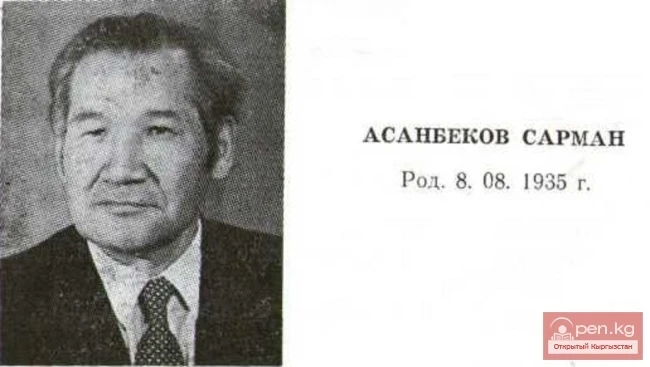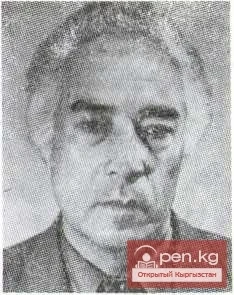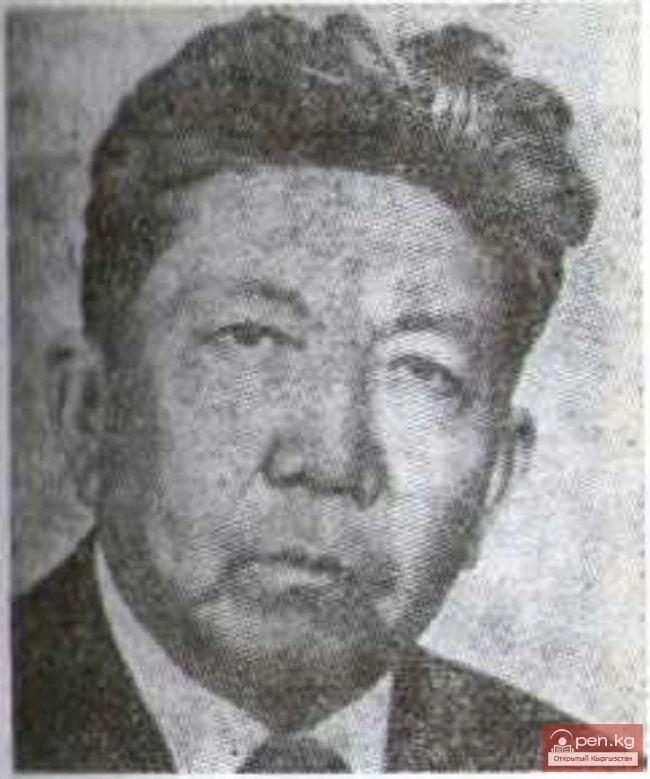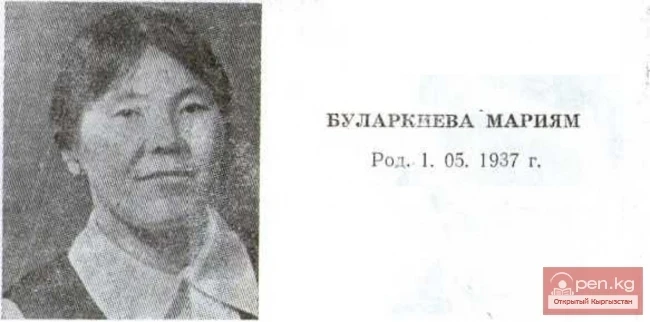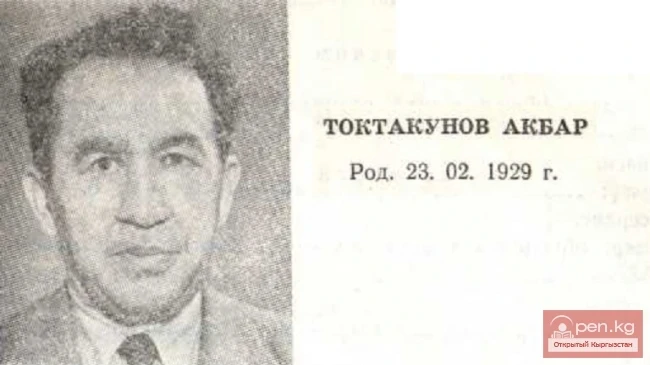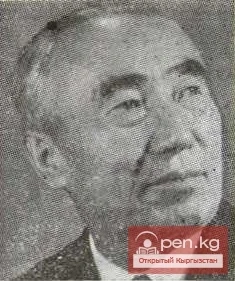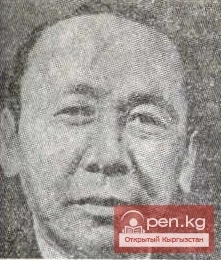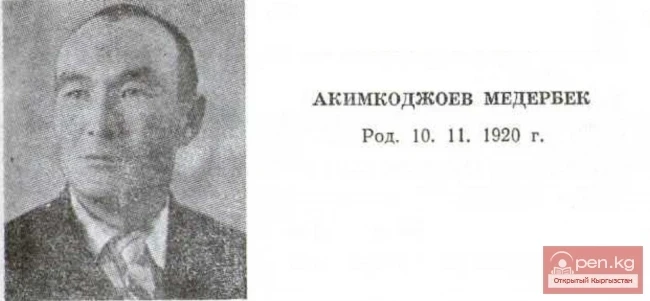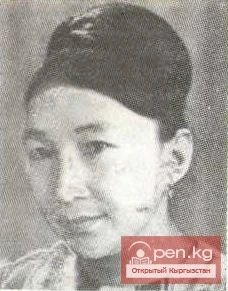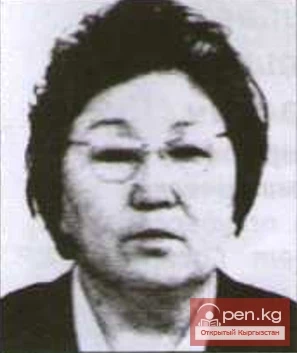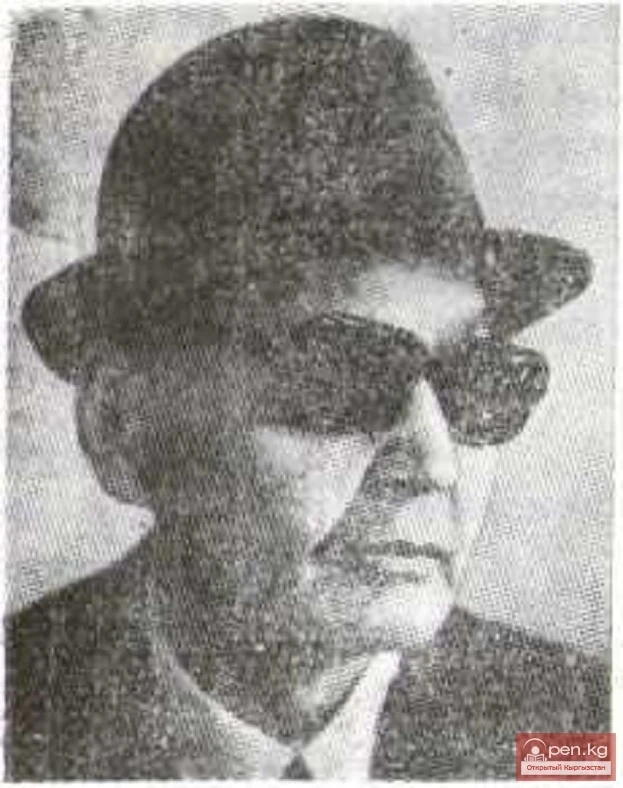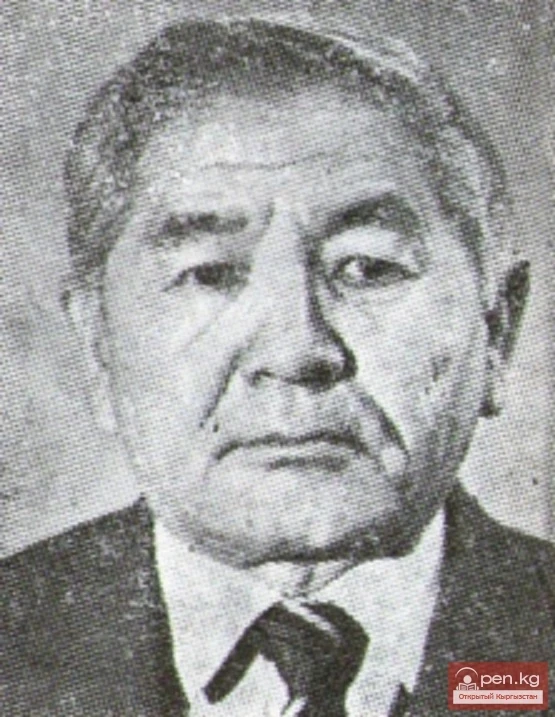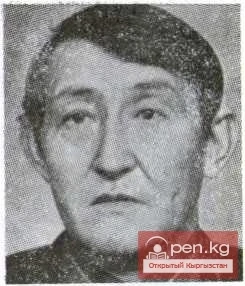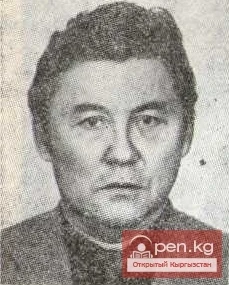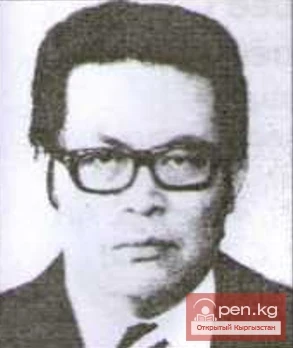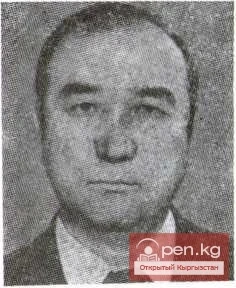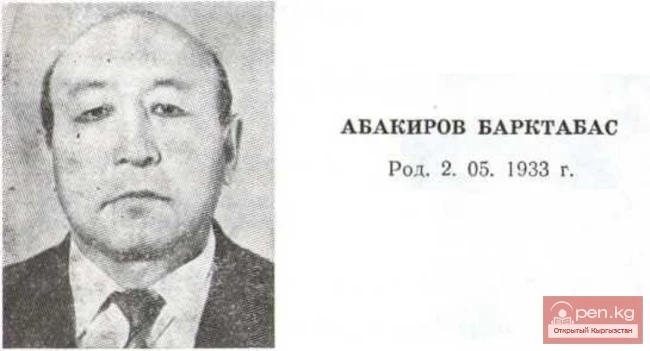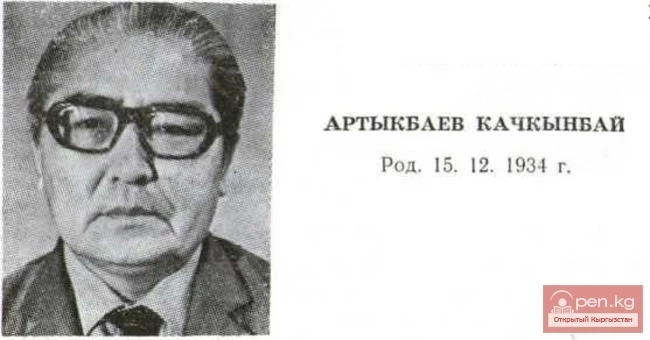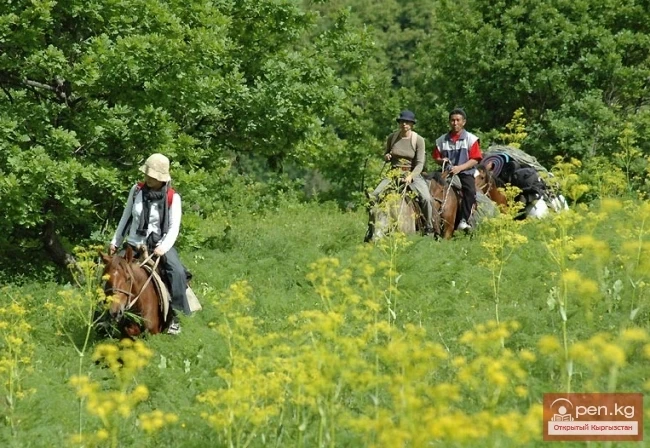LIFE AND BELIEFS OF THE KYRGYZ DURING THE TIME OF KURMANDZHAN DATKA
And still, how did the star of Kurmandzhan Datka rise in the Islamic world, in an era when a woman could not even dream of the glory of a politician and statesman? Finding an answer to this question is hardly possible without considering the unique national characteristics that patriarchal Muslim traditions acquired on Kyrgyz soil.
Let’s start with an important point. The Kyrgyz became Muslims not in a short period of time, but over a long duration, even from a historical perspective. Beginning in the Karakhanid era, the Islamization of the region intensified during the time of the Mongol state, the Kashgar khodjas, and the Kokand khans. Under them, as well as during the period of Russian colonization, this process received a new impetus mainly due to the actions and ideas of supporters of a specific direction of Islam - Jadidism.
As a result, the indigenous population of present-day Kyrgyzstan Islamized in a very peculiar way, in accordance with many factors. Firstly, the territory of the country, being a transit point of the Great Silk Road, has long been a hub of contact, mutual influence, and mutual enrichment of different material and spiritual cultures. This circumstance made Turkestan a kind of bastion of religious syncretism.
For example, even during the early Turks, preachers and missionaries of various world religions penetrated here: Buddhists, Nestorian Christians, Sufi Muslims, and representatives of some other confessions. Of course, the preaching of such a number of spiritual teachers did not go unnoticed. It instilled a well-known religious tolerance among the local population.
Additionally, the nomadic lifestyle of most Kyrgyz tribes did not contribute to the formation of permanent Islamic institutions in their midst, such as mosques and madrasas.
However, Islam spread unevenly across the territory of Kyrgyzstan. This religion was predominant only in the southern regions of Kyrgyz settlement, mainly due to the expansion of the Kokand khans. Its influence on the culture of the local population, especially its everyday life, should be examined in more detail, as it was Kokand that managed to transform what seemed to be an unchanging feature of the national psychology of the local nomads - the rejection of agricultural labor. Even when the ancestors of modern Kyrgyz were inhabitants of Siberia, they inherited from their closest neighbors - the Oirat and Mongols - the saying, "He who plows the land thereby insults the bones of his ancestors lying in it."
Let us see how the attitude of the local inhabitants towards agriculture changed under the influence of the Kokand conquerors. To begin with, let’s provide an interesting example. At the end of the 18th century, after the fall of the tyranny of the Dzungars, representatives of the Kyrgyz Sarybagysh clan, who returned from the vicinity of Andijan to their estates in the Chui Valley, did not sever ties with their southern tribesmen. The memory of the Sarybagysh exiles’ stay in southern Kyrgyzstan has been preserved in the legends of the local population. According to these pearls of oral folk art, recorded a century later by the Russian researcher G. Zagryazskiy in the vicinity of Tokmok, the Sarybagysh, while still near Andijan, engaged not only in animal husbandry but also in agriculture. This is evidenced by the presence of an irrigation canal there, dug by the tribesmen of the Kyrgyz chieftain Tynai and named after him.
The transition of many Kyrgyz to agriculture also changed another previously unchanging feature of their national psychology. While nomads could hide in inaccessible mountains and, starting from the 1850s, migrate into the territories of Russia, settled farmers, tied to their fields, had to endure and tolerate everything.
More independent in their remote camps and more mobile compared to the farmers tied to arable land, the nomads naturally had greater opportunities to express their dissatisfaction with the khans.
That is why the nomadic Kyrgyz and Kipchaks often opposed the rulers of the Kokand Khanate more than any other ethnic groups. In any case, it is known that the Turkestan Governor-General P. Kaufman reported to the military minister Milyutin in December 1875 the following: "The history of the Kokand Khanate represents a series of constant uprisings of the Kipchaks and Kyrgyz and the struggle of the state power of the Kokand Khanate with this restless element of its population."
The Rise of the Alay Queen to the Political Olympus of the Khanate
